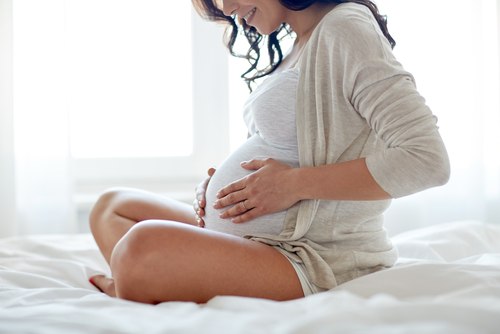As part of your fertility treatment, you may have to decide whether to transfer one embryo or more into your uterus with the hopes that they will properly implant and continue to a successful pregnancy. There are risks with each option, but it is important to fully understand the consequences of each decision so that you can make the right choice.
Why Transfer More than One Embryo?
If you are under 37 and otherwise healthy with no history of unsuccessful implantation, it’s likely that a single embryo transfer will be recommended. This is because multiple pregnancies are associated with higher morbidity for both the mother and foetus, and developmental problems due to prematurity.
By law the maximum number of embryos you may transfer is two, or if you are over 40, three. Generally the transfer of only one embryo strongly advised, to avoid the likelihood of twins.
The number of embryos transferred will depend on several factors: your age, the embryo quality and how many have survived the thaw.
Does it Vary According to Fresh or Frozen Embryos?
The guidance for fresh and frozen embryos is typically the same within the UK.
Does the Body Reject the Second Embryo?
No, if you have two embryos transferred the chances of implantation are higher, not lower, with more embryos. However, if both embryos are low quality the chances of a successful pregnancy are still lowered – this is due to the embryo quality, not quantity.
Improving Your Chances of Pregnancy
There are a number of factors to consider when trying to improve your chances of a successful pregnancy. Embryo quality (decided by grade) is incredibly important and improves the chances of successful implantation. You may also undergo a uterine cavity assessment and the quality of your endometrium also has a large impact on the chances of success. In some cases, your fertility provider will suggest pessaries or injectable progesterone to maintain a healthy endometrium and improve your chances. You must also consider the cumulative probability of a successful pregnancy; with two good embryos, two single transfers (in separate cycles) may well give a better overall chance of pregnancy than transferring both embryos in a single cycle.
Multiple Gestation – the Risks of Having Twins or Triplets
It is important to balance the desire for successful implantation with the need to reduce chances of multiple gestation. As a result, the law allows up to two embryos to be transferred for women under 40 and three embryos in the higher age group.
In some cases, all three embryos could implant, which increases the chances of losing all three foetuses (later in the pregnancy) to 1 in 12 and the chances of developmental problems to 1 in 2 because multiple pregnancies are very rarely carried to full term. In some instances, one of the foetuses may be terminated to improve the chances for the other(s) – this can be a very difficult decision to make, especially for couples who have suffered long-term fertility problems.
As with any fertility or health decision, it’s important to have a good understanding of the risks in order to make good decisions for yourself and your child. The chances of mortality in the first week of life are 5 times higher for twins and 9 times higher for triplets. The chances of cerebral palsy are 4 times higher for twins and 18 times higher for triplets, and the chances of death from cardiovascular causes are 7-11 times higher for the mother of twins or triplets.
All important decisions regarding your fertility treatment should be made with the help and support of your fertility provider to ensure that you are making the best decision for your current health and future wellbeing.

